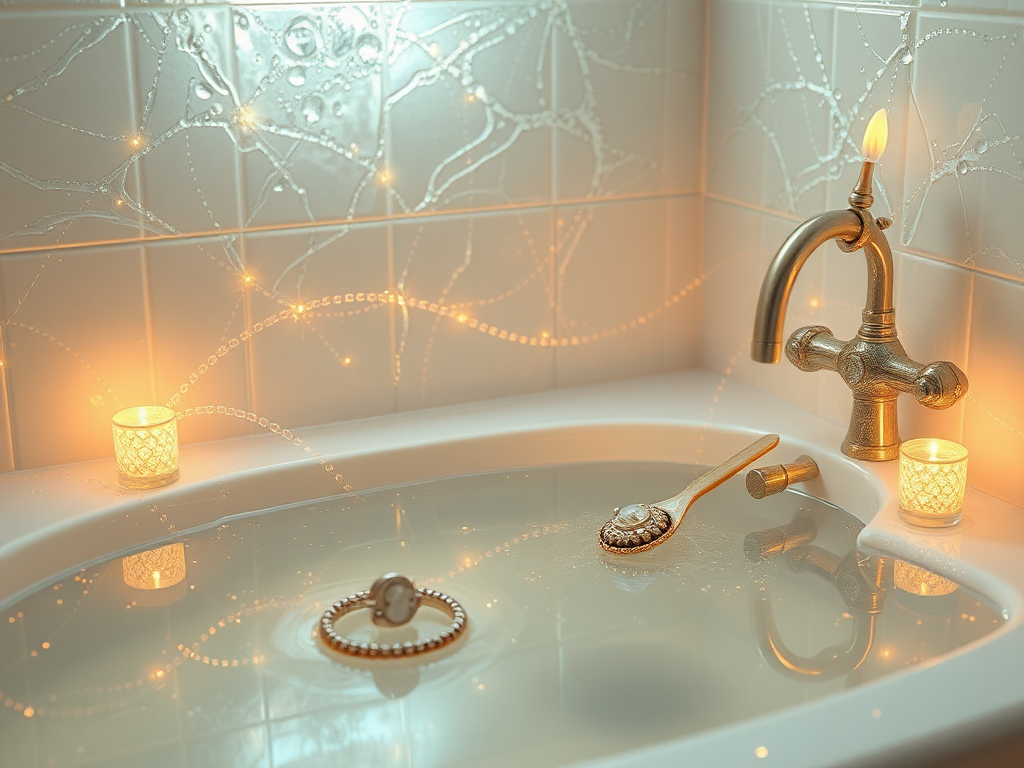Opening Words
As someone who has loved sleeping in since childhood, I totally understand that feeling of not wanting to leave the warm bed in the morning. When the alarm goes off, I would drowsily turn it off, thinking "just 5 more minutes," only to open my eyes and find that half an hour has passed. I would feel particularly guilty each time, but still repeat the same pattern the next day. However, I've now achieved a complete 180-degree change and have maintained an early rising routine for 5 years, with truly amazing results! Today I'd like to share my experiences and insights from this journey.
Understanding the Current Situation
Recently while browsing social media, I saw some fascinating data. In early 2024, a platform conducted a survey about sleep habits among young people, and the results were shocking! Among people aged 18-35, 78.3% had the habit of sleeping in - an incredibly high percentage.
Even more dramatic is that 42.1% of these late risers have to rush to get ready every morning. Imagine the scene: ignoring multiple alarm rings, then frantically washing up, changing clothes, and putting on makeup when you absolutely have to get up, but still ending up late... This situation is all too real!
Most concerning is that 35.6% of young people reported that oversleeping seriously disrupts their daily life and work. For example, frequently being late and getting criticized by supervisors, arriving halfway through morning meetings, missing important meetings, etc. These problems all stem from a seemingly simple but hard-to-overcome habit - sleeping in.
Core Methods
Avoiding Temptation
I remember my mom used to say "out of sight, out of mind," and now I realize how right she was! The most practical way to combat oversleeping is to place your alarm clock far away. This is exactly what I do: every night before bed, I put my phone on the desk furthest from my bed, face down.

Evening Preparation
When it comes to early rising, many people overlook a key point: morning issues should actually start being addressed the previous evening. Just like preparing for an exam, cramming at the last minute won't lead to good results. So now I spend 15 minutes before bed preparing everything I'll need the next day.
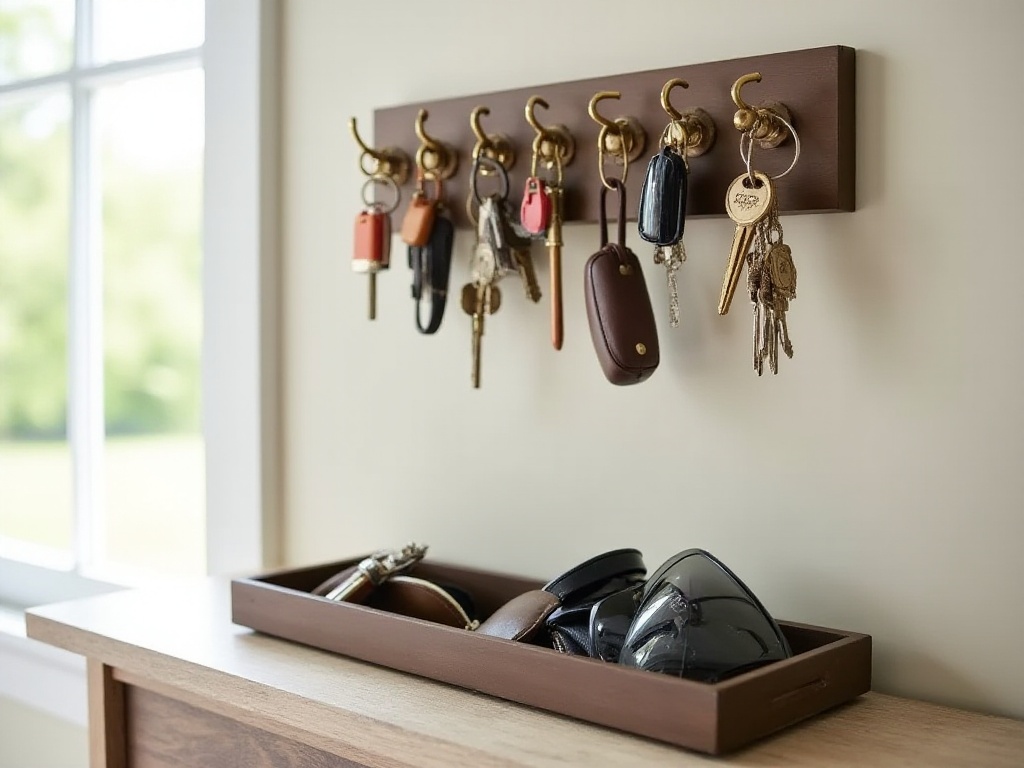
Practical Experience
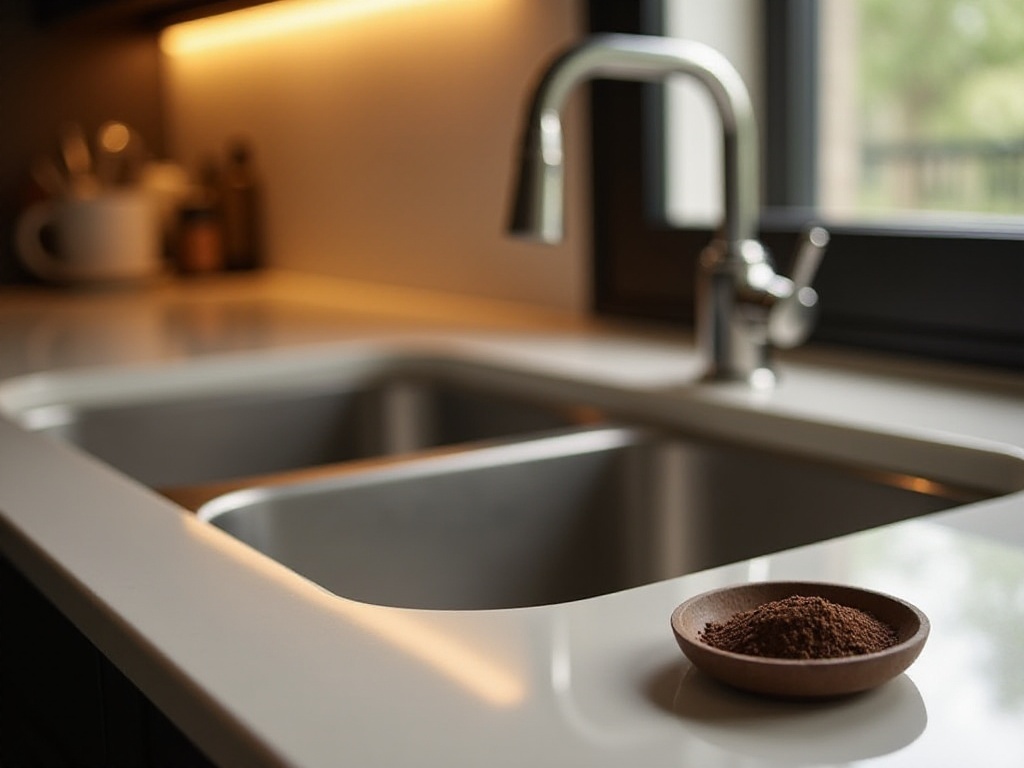
Gradual Change
To be honest, I made quite a few mistakes when first trying to change my sleep schedule. The biggest mistake was trying to achieve everything at once, which had the opposite effect. I remember once trying to wake up two hours earlier on a whim, but couldn't keep it up after just three days.

Reward System
As creatures who love enjoyment, linking early rising with rewards can provide stronger motivation to persist. I set up a reward system: if I manage to wake up on time for a whole week, I allow myself to enjoy a sumptuous brunch at a restaurant I've been wanting to try.

Common Misconceptions
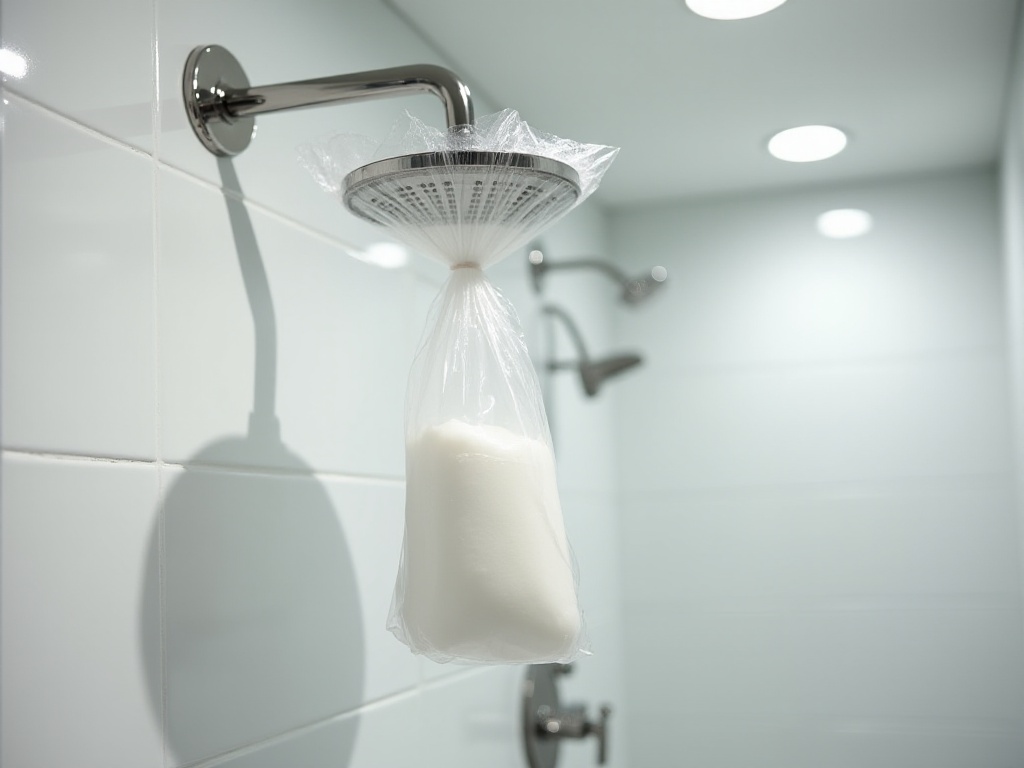
The Catch-up Sleep Trap
When discussing early rising, we must address a common mistake many people make - sleeping in on weekends. I used to believe in this too, thinking that sleeping until natural awakening on weekends could replenish energy. However, practice has proven this idea completely wrong.
The Willpower Myth
Another common misconception is believing that early rising relies entirely on willpower. To be honest, I thought this way at first too, believing that strong enough willpower would guarantee getting up on time. The result was a daily struggle with willpower, which was very painful.
Benefits Shared
Through years of persistence, I've truly experienced the various benefits of early rising. First, work efficiency has notably improved. The brain is particularly clear in the morning, often making complex problems easier to solve. Plus, early rising helps avoid rush hour traffic, so you don't have to squeeze onto crowded subway cars, which leads to a better mood at work.

New Reflections
Through these years of practice, I increasingly feel that early rising isn't just a simple lifestyle habit - it's more like a mirror reflecting one's self-discipline and attitude toward life. When you can overcome laziness and get up on time, you'll find yourself becoming more disciplined in other aspects as well.
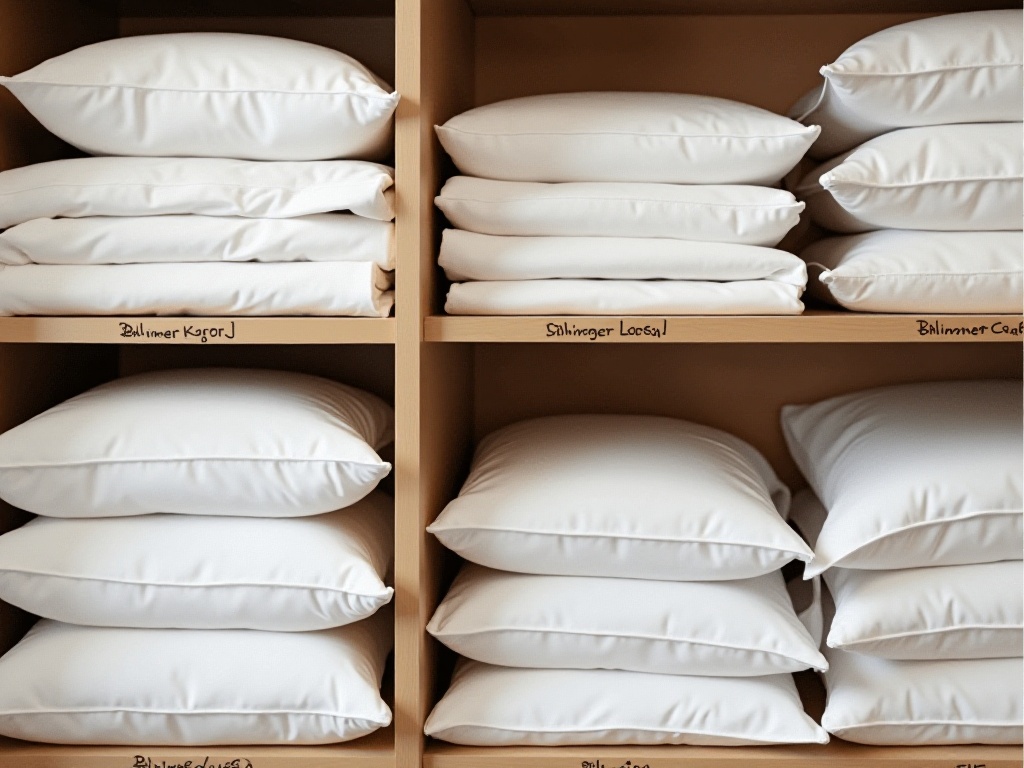
Future Outlook
With technological development, many smart devices have emerged to help with early rising, such as smart alarms, smart curtains, sleep aids, etc. These devices can indeed help us wake up better to some extent. However, I believe that regardless of how technology advances, developing good sleep habits will always require our own effort.
A fresh morning represents not only a good mood for the day but also infinite possibilities. I hope everyone can find their own early rising rhythm and enjoy the beauty it brings. After all, the world's most beautiful scenery often appears at dawn.







